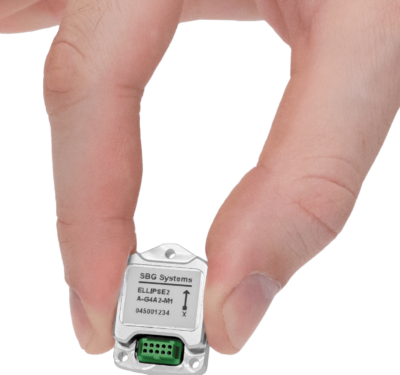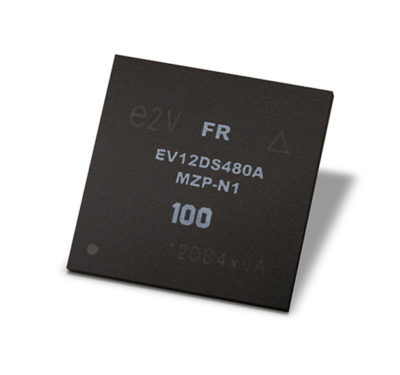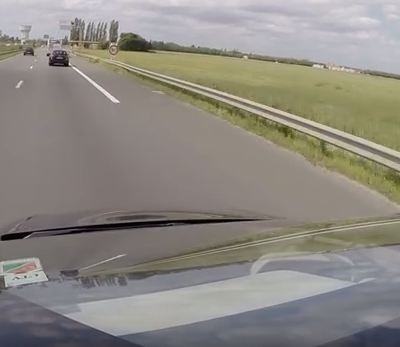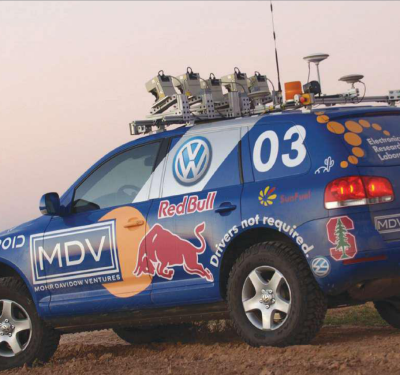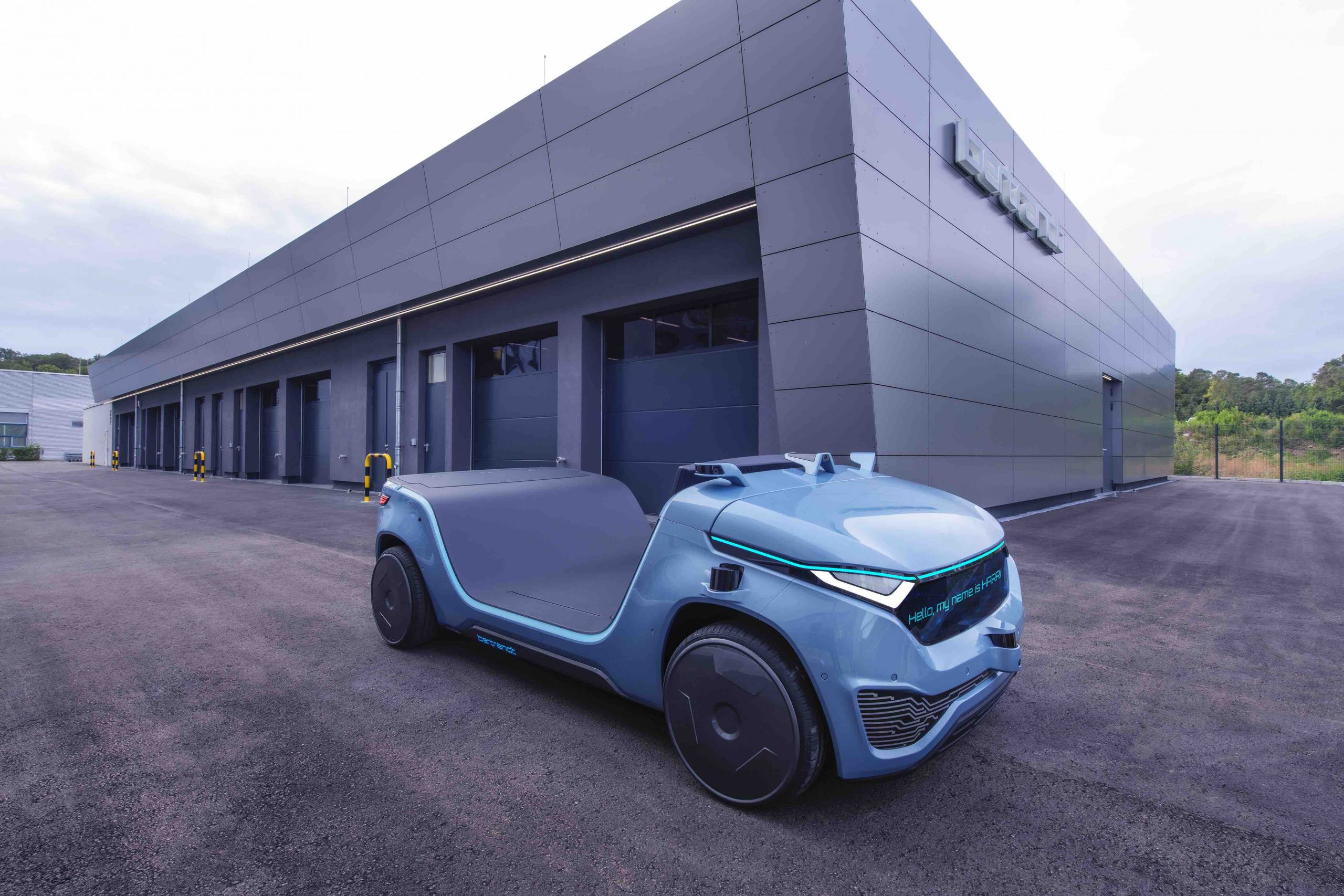
German-based international engineering company Bertrandt celebrated the world premiere of its HARRI innovation platform for future mobility concepts this week at CES 2020 in Las Vegas, Nevada.
“Traditionally we’re an engineering company with customers in the automotive and aviation worlds,” said Frank Hacker, project lead for human-machine interface (HMI) at Bertandt. “As we thought about upcoming trends in autonomous driving and connectivity, we thought, ‘What if we make an open platform that we can offer to our customers and partners for the development of future technologies?’ We started from scratch and it’s become a concept engineering project.”
Starting with nothing more than a wheelbase and electric motor, a team of engineers, IT and software specialists, designers and vehicle construction experts developed HARRI entirely in house in order to demonstrate the team’s technical expertise along the entire value chain.
As an innovation platform for solutions relating to all aspects of automated, connected, and electric driving, HARRI’s integrated solutions include various vehicle architecture and assembly components, charging capabilities, automotive software such as four LiDAR sensors, 16 ultrasonic sensors, and 12 cameras that enable HARRI to drive independently, among others.
The HARRI use case on display at CES is a park and charge valet service that goes from manual to autonomous when assigned a targeted location. In addition to addressing the automotive sector, Hacker sees possible solutions for municipal infrastructure, logistics companies, passenger transportation and more.
“We not only provide individual components in vehicle development, but also offer the entire bandwidth,” said Hans-Gerd Claus, Member of the Board, Engineering, at Bertrandt. “This enables Bertrandt to develop a complete vehicle for its customers entirely by itself, and not only parts of it.”
He added, “What is more, we show that we master the technologies for the hot topics on the market– digitization, autonomous driving, connectivity, and electric mobility – and apply them in all their combinations.”


